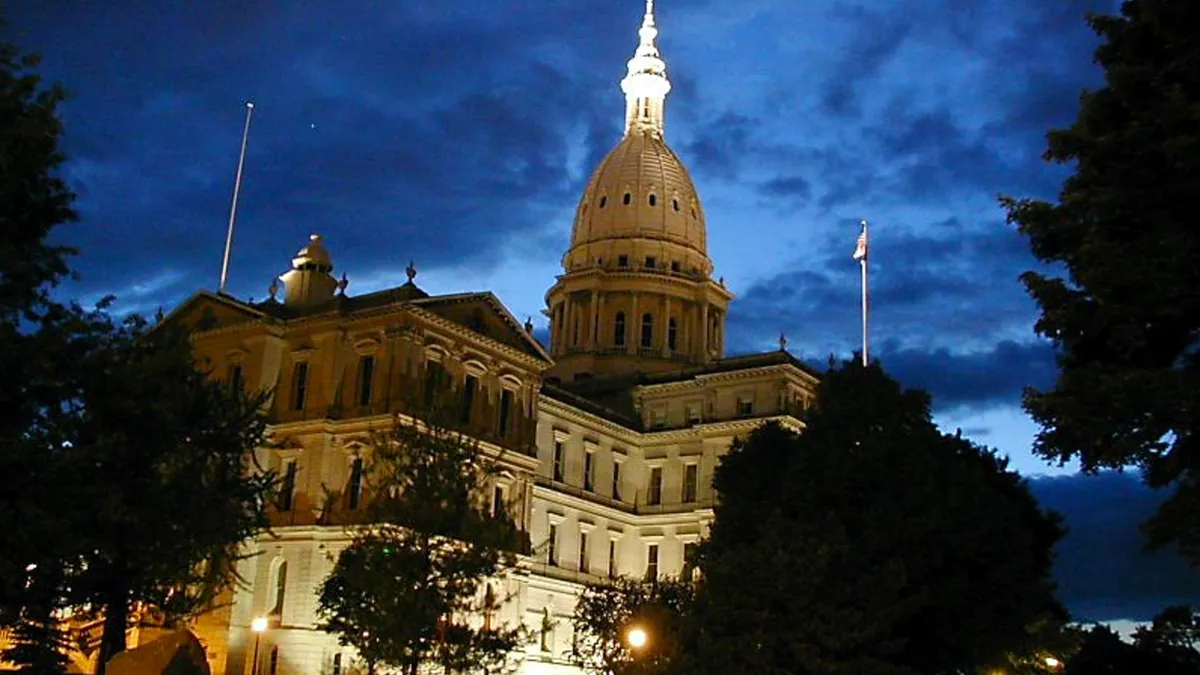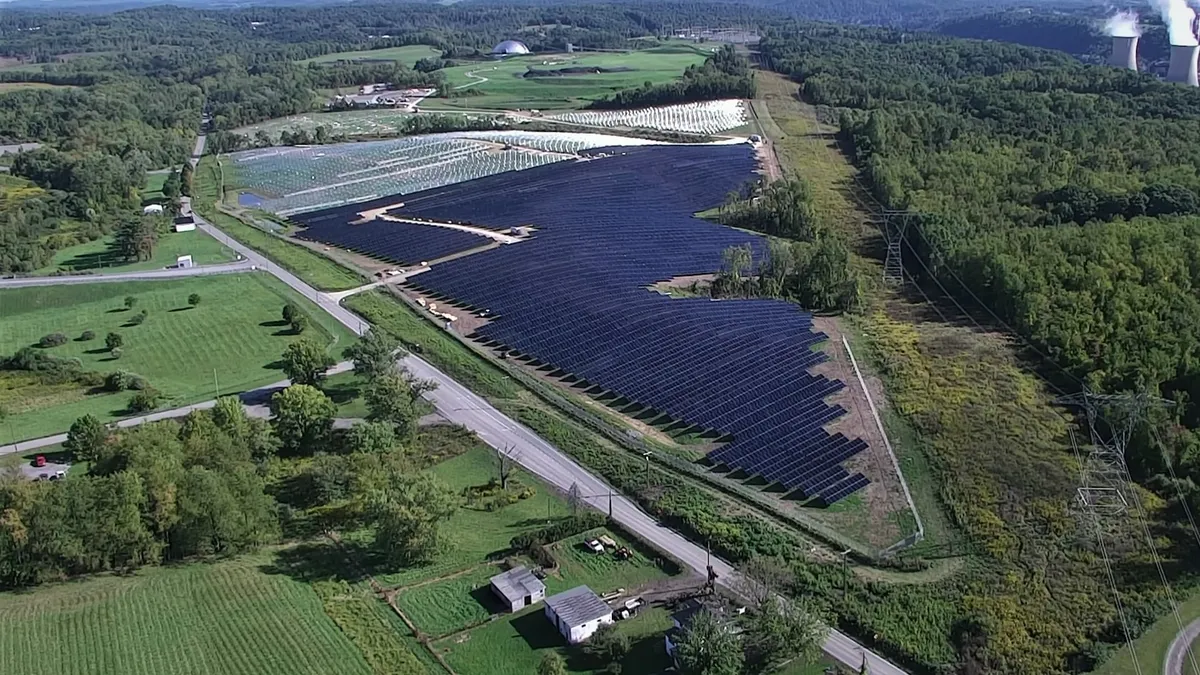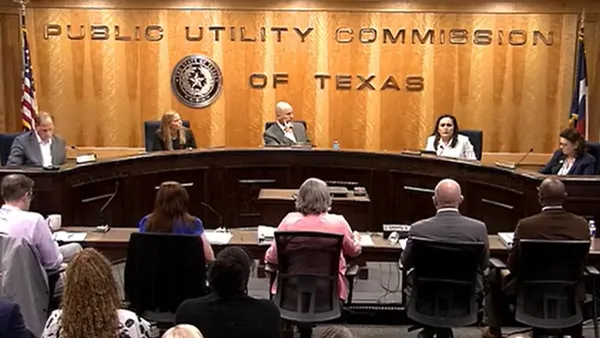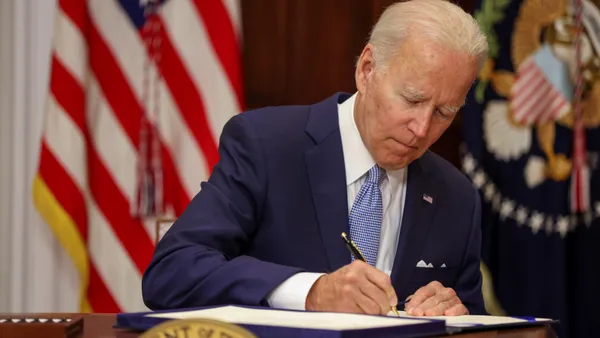Dive Brief:
- Lawmakers in Michigan's House and Senate yesterday reached a bipartisan compromise to overhaul the state's energy marketplace, raising the renewable energy standard from 10% to 15%, protecting retail net metering and keeping its limited retail choice program alive.
- Clean energy advocates praised the final decision, which did not include provisions they believed would have hurt the state's nascent solar market.
- The 11th-hour compromise was shepherded by Michigan Gov., Rick Snyder (R), who said the "landmark" legislation will give consumers more control over their energy, save them millions and protect the state's environment.
Dive Insight:
Michigan lawmakers went down to the wire but finally passed the much-anticipated bill at the close of the legislative session — a day after 19 hours of negotiations appeared to leave the plan in a precarious position.
"We now have a statewide energy policy that will save Michigan residents millions of dollars on their electric bills, alleviate concerns about having enough capacity to power the daily activities of 10 million people and find new ways to use our existing energy grid more efficiently," Snyder said in a statement. "This policy also allows for more consumer choice in our growing market."
The final measure protects retail net metering and includes language that directs state regulators to establish a tariff process for distributed generation resources. The state has only about 2,000 solar installations, and advocates say the new market structure will help to grow that number while avoiding utility domination of the market.
Amy Heart, a spokesperson for The Alliance for Solar Choice, said the group was encouraged to see elected officials work together from both parties. "Legislative leaders heard loud and clear that retail net metering must be maintained to ensure a level playing field for self-generation in Michigan," she said in a statement.
But Heart also said the group also has concerns over how the distributed generation tariffs will be calculated, based on the language in the bill. The Michigan Public Service Commission will need to account for the benefits of residential solar.
"It's now up to elected officials to help guarantee a fair, equitable process," she said.
The legislation keeps Michigan's 10% cap on choice customers, but puts in place provisions that could reduce that amount should market conditions change, Crain's Detroit Business reported.
Clean energy business group Advanced Energy Economy said the expansion of the state's renewable portfolio standard would signal it remains accessible to development and creation of clean energy jobs.
“Today, Michigan took a vote that reaffirms to the advanced energy industry and their customers that Michigan is open for business,” said J.R. Tolbert, AEE vice president for state policy. He said that the increase in Michigan’s RPS, from 10% to 15%, "has the potential to attract an additional $2.5 billion to $4.3 billion in renewable energy investment by 2021.”















